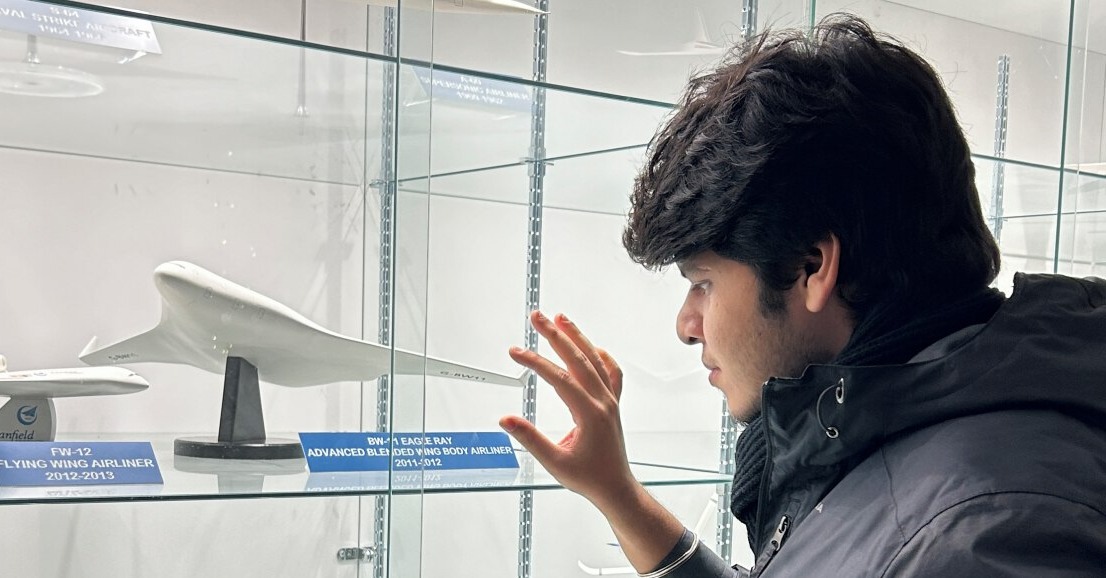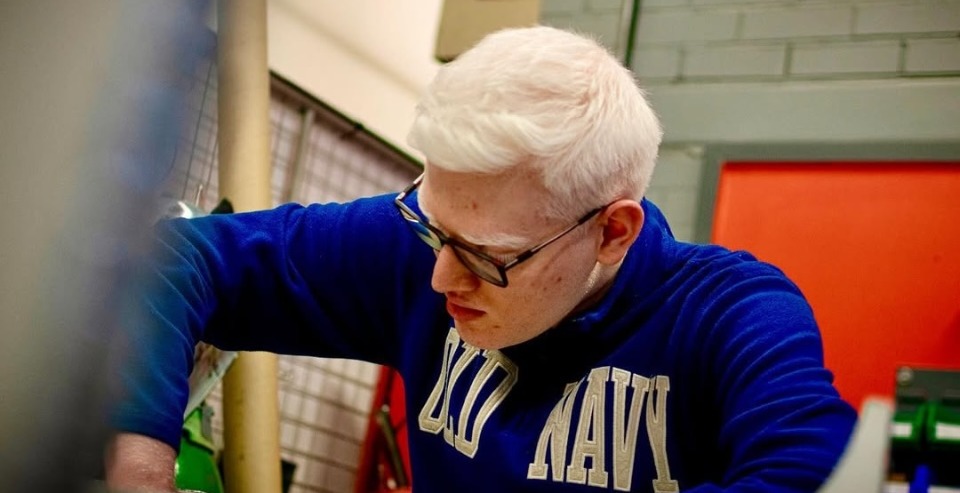Operationalising sustainability as an opportunity
04/06/2018

“Every single social and global issue of our day is a business opportunity in disguise.” – Peter Ducker
quoted in Grayson D, Coulter C, Lee M, All In: The Future of Business Leadership, Routledge, May 2018
I could have started my talk by acknowledging how sustainability managers find themselves in a cross-fire between contributing to the delivery of competitive goods and services on the one hand and responding to increasing consumer awareness and international and national policy goals on environmental matters on the other hand. Actually, no, I disagree with this framing. This is the outlook that kept sustainable development as an elusive concept for over three decades. Our understanding of the environment and science has improved significantly over the years, let alone the strong political support at international, national and local levels. I declare that viewing of sustainability as a challenge is out and operationalising sustainability as an opportunity is in.
Why now and how? Firstly we have now better tools and methods to put sustainability into practice. For example, global economies are much more interconnected than ever before and technology is developing at a greater pace. We can know understand and assess the external business environment much better so that we can become more ‘resilient’ to external shocks increasing number of which are triggered due to changes in the natural environment. Likewise, circular economy informs us to think of waste in a different way and adopt a holistic view to the flows of materials and goods.
Secondly, stakeholders are not passive anymore, whether consumer groups, pressure groups or the government and that, in addition to environmental issues, understanding of economic and social impacts of businesses, is also gaining recognition. These stakeholders care about what businesses do for a Responsible Corporate Tax Strategy and how they address gender pay equality and human rights abuses. Even investors would like to a see a transparent understanding of climate-related risks on business supply chains, culminating from an initiative led by Mark Carney and Michael Bloomberg to form the Task Force on Climate-related Financial Disclosures. Rather than managing stakeholders, engagement and collaboration with them is essential and we are seeing many more examples of that. Stakeholder engagement is creating new value streams and opportunities for the development of new products, services and organisational structures, facilitated by an ever-increasing ‘big data’.
Thirdly, and maybe more importantly, we now have 17 specific goals that 193 countries around the world have adopted. There is an expectation that the business and society will work with the governments to achieve these so-called sustainable development goals by 2030. Indeed, we are seeing collaborations across different businesses working with an NGO to address a global problem. An example I saw recently at edie Live was on eradicating malaria (SGD 3), led by Malaria No more UK, supported by a number of organisations, ranging from media and pharmaceutical companies to a law firm. This cross-sector collaboration trend is something that we expect to see more often in the future.
Given this context, Cranfield is launching a new course, the Sustainability Leadership Programme, building on edie’s knowledge of the needs of sustainability managers, practitioners and directors. The programme will bring together Cranfield’s world-leading research and teaching from the School of Management and the School of Water, Energy and Environment to provide an integrated experience which will enable participants to embed sustainability strategies and practices within their organisations. The SLP includes a series of five, two-day courses looking at embedding of sustainability into the core business strategy, adoption of circular innovation, creation of new opportunities from stakeholder engagement, resilience in a changing business environment and making sure the numbers from sustainability related activities stack up. The unique, one-day Implementation module aims to support the participants to realise their learning through implementation planning and execution. The first set of courses will be offered from late January 2019. For further information, feel free to get in touch with Dr Nazmiye Ozkan (n.ozkan@cranfield.ac.uk).
Categories & Tags:
Leave a comment on this post:
You might also like…
Finding a company’s market value
If you had to find a company's market value, would you know where to look? Now, before you ask, we're talking listed companies only here, so solely those which have shares actively traded on a stock ...
Predictive maintenance research at Cranfield University: A PhD perspective
Imagine a world where jet engines don’t just fly, they predict their own maintenance needs. That’s the future Felix Fu is working towards as part of his PhD at Cranfield University, ...
From mechanical engineering to management mastery: My Cranfield journey
Hi my name is Pravesh-Saaye Amourdalingam. My journey as a student on the Engineering and Management of Manufacturing Systems MSc programme at Cranfield University, graduating in 2024, has been nothing short ...
Referencing the use of generative AI in your work
We recognise that Artificial Intelligence (AI) has, and will increasingly, become a part of our everyday lives and that we need to adapt to it. Hopefully you will have already seen the provisional guidance for ...
Engineering a greener tomorrow: My Cranfield journey
The world stands at a crossroads. Climate change and environmental degradation demand urgent action, and engineers are critical in creating sustainable solutions. My journey to Cranfield University, where I am pursuing an MSc in ...
How do I access the full-text of Harvard Business Review (HBR)?
This is one of the most frequently asked questions in the School of Management Library, and it's worth knowing how to access this key management journal. So, how do you access HBR in full-text? The ...






